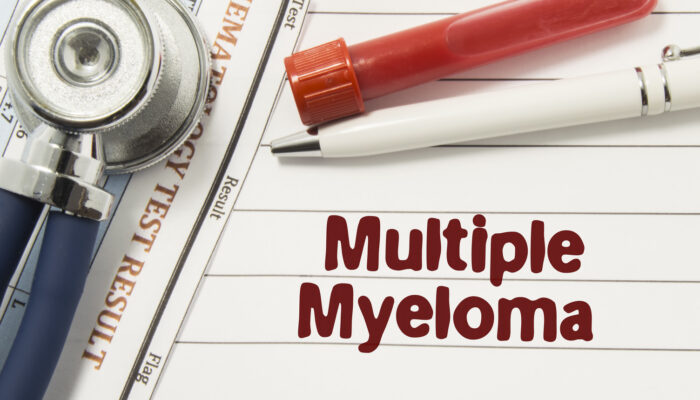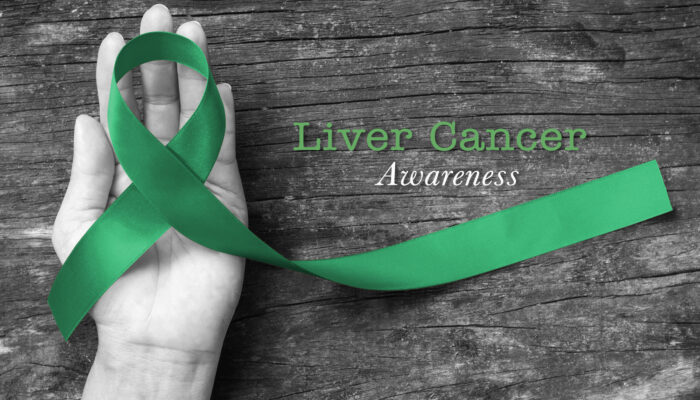
Meningococcal Meningitis: Transmission and Prevention
Meningococcal meningitis is a serious infection that affects the brain and is related to bacterial meningitis. The disease is most common in very young infants, teens, and young adults, but can also affect those older than 65 years of age. It is caused by a type of bacteria called Neisseria meningitidis and the infection affects the fragile tissue that surrounds the brain and spinal cord. The meningococcal bacteria results in swelling and inflammation, which can put dangerous pressure on the brain or spinal cord.
The symptoms of meningococcal meningitis can include a general malaise, a severe and persistent headache, sudden high fever, neck stiffness, nausea or vomiting, joint pain, drowsiness, and a reddish or purple skin rash, which might be a sign or blood poisoning. Meningococcal meningitis can lead to death or serious complications, like brain damage, deafness, and paralysis. It’s integral to seek medical care immediately if you experience any of the above symptoms.
Meningococcal meningitis is a serious infection that can result in brain damage and even death. The best way to prevent getting this disease is to learn about it, how it spreads, prevention, and even precautions to be aware of:
1. Transmission
Meningococcal bacteria is spread from person to person through droplets of throat or respiratory secretions (saliva or spit). It can be transmitted by living in close quarters with a carrier, close and prolonged contact (including kissing or coughing on someone), and even smoking. Fortunately, these bacteria do not live long outside the human body. If you have come into close contact with someone who has meningococcal meningitis it is critical to get antibiotics to prevent an infection.
2. Prevention
Meningococcal meningitis prevention is possible with a meningitis vaccine, which is the best defense against the disease. The Center for Disease Control and Prevention (CDC) recommends a meningococcal vaccine for all children between the ages of 11 and 18. There are currently three types of vaccines with two specifically given to teens and young adults, which include meningococcal conjugate vaccine (MCV4), serogroup B meningococcal vaccine (MenB), and meningococcal polysaccharide vaccine (MPSV4). Your doctor can recommend which vaccine would work best for your age and health. Another prevention method is to simply practice good personal hygiene. Avoid sharing food, glasses, eating utensils, and water bottles, tissues, towels, lip gloss or lipstick, and frequently wash hands with soap and warm water.
3. Precautions
Certain groups of people are more susceptible to infection and they include military recruits, college students living in dorms, people with a damaged or missing spleen, and those with a disorder called complement component deficiency. Be sure to seek a vaccination before traveling to certain regions where the disease is more common, like sub-Saharan Africa.



